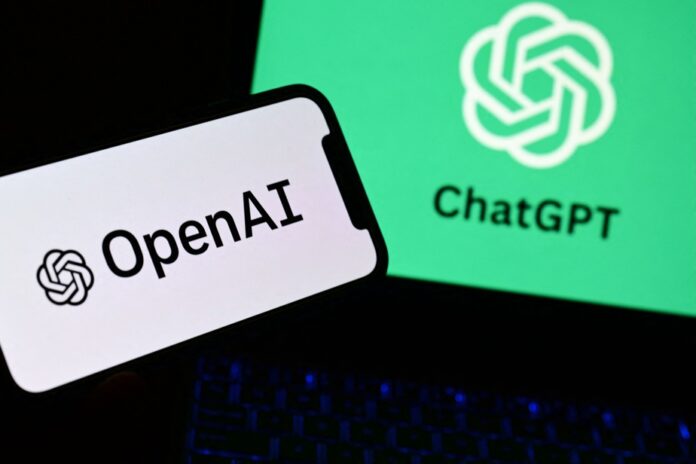(San Francisco) King of generative artificial intelligence for a year, OpenAI is threatened with disappearance after the arrival of its boss, Sam Altman, who triggered a major crisis amid fears about the potential dangers of AI.
Monday evening, nearly 700 of the approximately 770 employees of the young Californian company had signed the letter promising their departure if the board of directors refused to resign, according to several media.
The council criticized Sam Altman for prioritizing the rapid development of OpenAI, creator of the ChatGPT interface, without taking the time to analyze the associated risks, American media reported.
For Brendan Dolan-Gavitt, professor of computer science at NYU Tandon University, this thesis is validated by the arrival of Emmett Shear, appointed to succeed Sam Altman. “He often expressed his concern about the safety of artificial intelligence,” recalls the academic.
“We got to this point because tiny risks were amplified by science fiction enthusiasts and sensationalist journalists,” denounced, in a column published by the website The Information, Vinod Khosla, founder of the science company. private equity Khosla Ventures, shareholder of OpenAI.
Among the threats posed by the development of generative AI, the possibility that the programs could be used for military purposes, disinformation or become autonomous and attack humans.
“It is time to address the risks of AI, but not to the point where we slow down progress and deprive ourselves of its benefits,” argued Vinod Khosla.
The events of recent days have highlighted the limits of the OpenAI model, which wanted to place under the control of a non-profit holding company a company on which financial players have bet billions of dollars.
Administrators “had lost their sense of reality,” said Carolina Milanesi of Creative Strategies. “How can you remain a non-profit company once you accept these amounts from people like Microsoft? »
The Redmond (Washington State) giant has released, according to several media, an envelope of ten billion dollars for its partnership with OpenAI, in particular by offering it massive data processing capacities to develop its models.
The sequence “highlights the fact that we cannot let companies self-regulate AI, when there are divergences within their own governance”, commented on X (ex-Twitter), Gary Marcus , artificial intelligence specialist and entrepreneur.
“Please don’t give up on the “AI Act”; we need it more than ever,” he continued, referring to the text intended to regulate artificial intelligence and currently under discussion within the European Union.
The OpenAI schism “is going to accelerate a lot of things on the regulatory front,” warned Ryan Steelberg, CEO of Veritone, an AI data analysis company.
However, “this will not slow down the race for generative AI,” warns Carolina Milanesi. “It’s just boardroom twists that put Microsoft in a better position. »
Even if the situation is far from frozen at OpenAI, the creator of Windows already appears to be the big winner of this saga.
Without causing anything, Microsoft picked up Sam Altman, as well as several former executives who chose to leave OpenAI.
According to Miguel Fierro, Microsoft executive, general manager Satya Nadella has committed to hiring all OpenAI employees who choose to resign if administrators do not leave.
The operating systems giant that became a monster of remote computing (cloud computing) and AI would then have absorbed the driving forces of OpenAI without having to worry about the approval of the regulator.
“If Microsoft had tried to buy OpenAI, they would never have gotten the green light from the competition authorities,” considers Carolina Milanesi.
“Microsoft has just made the cheapest acquisition ever,” said Paul Barrett, deputy director of the business and human rights center at NYU Stern University.
“My concern,” tempers the academic, “is that this will accelerate the race for AI”, led by private, for-profit companies, “and make people forget that all this should be the subject of of a public debate. »





